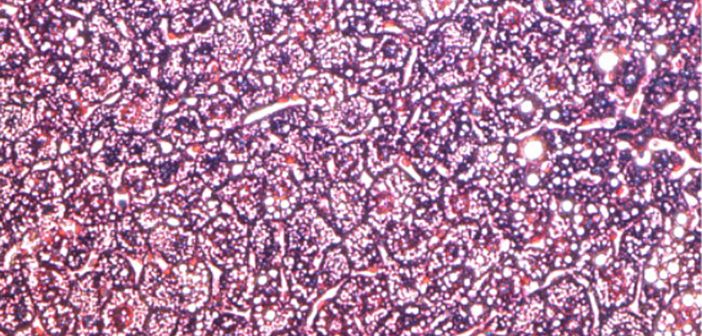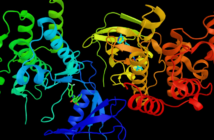New research shows an enzyme may regulate inflammation and metabolism in fat tissue.
The human body has two primary kinds of fat—white fat, which stores excess calories and is associated with obesity, and brown fat, which burns calories in order to produce heat and has garnered interest as a potential means of combating obesity.
A study led by Brown University researchers has identified an enzyme that appears to regulate the physiology of both fat types in mice—decreasing inflammation in white fat tissue, while promoting the ability of brown fat to burn calories. Preliminary genetic evidence included in the study suggests that the enzyme, SNRK, performs similar functions in humans, making it an intriguing new drug target in the battle against obesity and its complications.
“This study suggests that there may be dual benefits if we can find a way to enhance SNRK production in fat tissue,” says Simin Liu, ScD, MPH, a co-corresponding author and professor of epidemiology and of medicine. “Reducing inflammation in white fat may ease associated complications such as insulin resistance, while at the same time, increasing brown fat metabolism may aid in weight loss. Those possibilities will need to be followed up in further studies in humans.”
The research, published in the journal Diabetes, was led by Jie Li, PhD, a research associate in epidemiology, and Bin Feng, PhD, a research associate at the Medical School and Rhode Island Hospital’s Hallett Center for Diabetes and Endocrinology.
The presence of SNRK in fat tissue was first discovered by co-corresponding author Haiyan Xu, MD, PhD, while she was a researcher in the Molecular Epidemiology and Nutrition Lab of Brown’s Center for Global Cardiometabolic Health. Her initial research suggested that the enzyme played a role in regulating inflammation, but this latest study was designed to get a more complete picture of its function in fat tissue.
Continue reading here.




